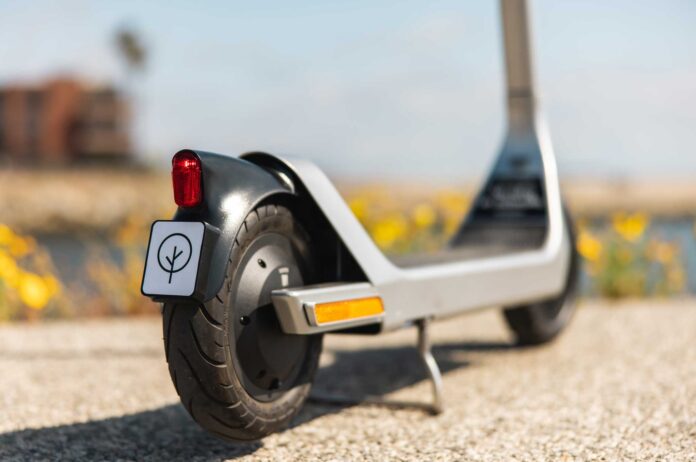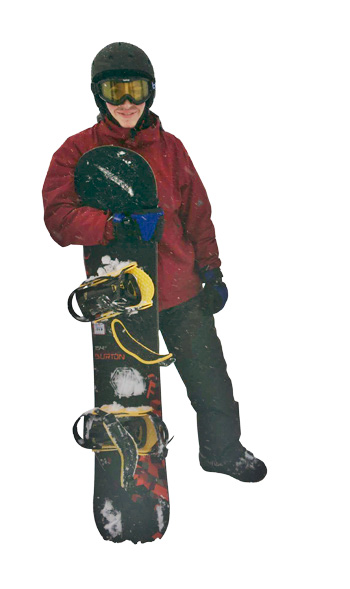
Bird electric scooters are roosting in Tualatin this month, as the city kicks off a 12-month test-flight to assess the possibility of adding a permanent flock.
The pilot program, approved by City Council during a June 13 meeting, launches with 60 scooters in a non-exclusive deal that opens the door for other companies to conduct similar trial runs.
“We just want to make sure that this pilot agreement allows the city to adjust as things unfold and we learn more,” Tualatin Deputy Public Works Director Nic Westendorf said. “We want to make sure that this is really a partnership with Bird. That we get the most out of this and that it can be done safely.”
At best, the scooters will reduce short-trip car use, providing an environmentally friendly and economically sound alternative, and bridge public transportation gaps, connecting riders with nearby transit centers.
“What we frequently see is a high percentage of rides that either begin or end at a transit center,” Bird spokesperson Lily Gordon said, describing a pattern of frequent scootering to cover the first or last mile between destination and public transportation.
That’s precisely the kind of connectivity city officials are hoping to achieve.
As the pilot progresses, Bird will collaborate with city officials to adjust the fleet size and pinpoint the best scooter “nesting” locations – starting spots where they are parked between rides – using ride data to chart the course.
If the program succeeds, Tualatin will sign on for another five years.
“We want to get a full summer and a full winter in [to gauge the scooter program’s viability],” Westendorf said.
Bird, which is hiring two local fleet managers to oversee the vehicles and handle potential problems such as broken or inappropriately parked scooters, will analyze ride data to make ongoing adjustments.
The company is the largest ride-share electric scooter provider in the world, with vehicles in about 350 cities, including several Oregon locations.
Riders enable the scooters using a downloaded app that guides them through a safety tutorial before their first ride begins. They pay by the minute for the commute time.
Bird can regulate speed and control ride-area boundaries with geo-fencing through an embedded, internet-connected device that provides GPS and allows it to track locations and collect data. Scooters power off at the edge of a ride-zone.
On the road, they’ll be regulated like bikes and subject to traffic laws. Helmets are recommended, but not required. The average ride, according to company data, is about 10 minutes, and Bird has the scooters set to top out at 15 MPH.
Councilor Bridgette Brooks, who scootered on a recent vacation, said riding eased her initial reservations and shifted her perspective.
“It was a lot easier than I thought it would be. It takes a little bit to get used to it, but a lot of my initial trepidation kind of went away… I started off pretty slow, then I started speeding up, and it was pretty fun,” she said.
She and other councilors were satisfied with the responses to their concerns about rider education, complaint response strategies, and managing misuse or inappropriate parking.
As the months pass, Tualatin could see more scooters on the road. Similar size cities have upward of 150 in circulation.
“We’re seeing more people embrace scooters at this moment when gas is so expensive,” Gordon said, adding that Bird’s community pricing program offers a 50 percent ride discount to low-income riders, Pell grant recipients, select local nonprofit and community organizations, veterans and senior citizens.
Bird will pay Tualatin 10 cents per ride in a quarterly revenue-share meant to defray potential associated costs.
City staff worked with the company to draft an agreement after Bird approached Tualatin in 2021 and satisfied City Council members’ concerns about safety, reliability and management during a council work session early this year.






















